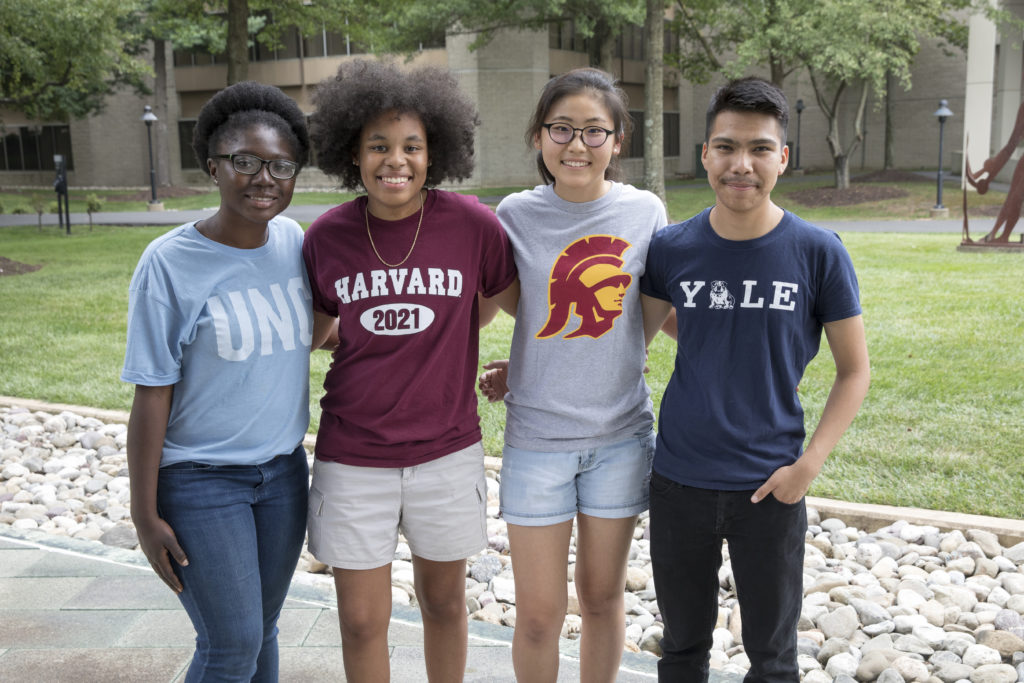Recruiting Rural Students & Teaching Growth Mindsets

August 16, 2019 – Here’s what we’re reading this week about the issues affecting high-achieving students. Growth mindsets and gifted education best practices are discussed in K-12 circles. In higher ed, advocates describe how institutions can better support students with financial need.
Receive the Cooke Chronicle each week in your inbox: Subscribe here.
Elementary & Secondary Education:
- “Gifted education programs are more equitable when administrators use local norms instead of national norms to identify talented students, according to new research supported by [the Center for Talented Youth] and the School of Education,” reports Johns Hopkins University’s The Hub. Additional research details and context are shared in Duke Today.
- Related articles from KQED’s MindShift and Scientific American explain new insights and discussions about educators’ use of growth mindset interventions.
Higher Education:
- “There are high-ability students attending rural high schools who will never have the opportunity to meet with college recruiters outside the closest community colleges, public regional universities and smaller private institutions,” states Andrew Koricich in The EvoLLLution.
- Inside Higher Ed describes how institutions including the University of North Carolina system are reaching out to prospective students living in the state’s rural areas.
- “The story of ACCEPT is, in part, the story of three friends who have known that feeling,” writes The Chronicle of Higher Education about an online group of admissions professionals focused on equitable higher education. “It has shaped their understanding of how the admissions process often rewards privilege and perpetuates socioeconomic disparities.”
Cooke Foundation Highlights:
- High-achieving high school seniors can now apply for the Cooke College Scholarship Program, and the Cooke Undergraduate Transfer Scholarship is accepting applications from community college students preparing to transfer to a four-year institution. Both programs provide up to $40,000 per year, as well as comprehensive educational advising and access to the thriving Cooke Scholar community.
- Cooke Scholar Isa Adney’s book, Community College Success, is one of just four reads recommended in the Washington Informer‘s Educational Success list. The Informer states: “This is the first book to combine a youthful and accessible author with networking strategies specifically targeted to first-generation and community college students.”
Social Media Spotlight:
Photo header: Each year at Scholars Weekend, new Cooke Scholars meet their peers and receive college and career advising from Foundations staff and alumni.